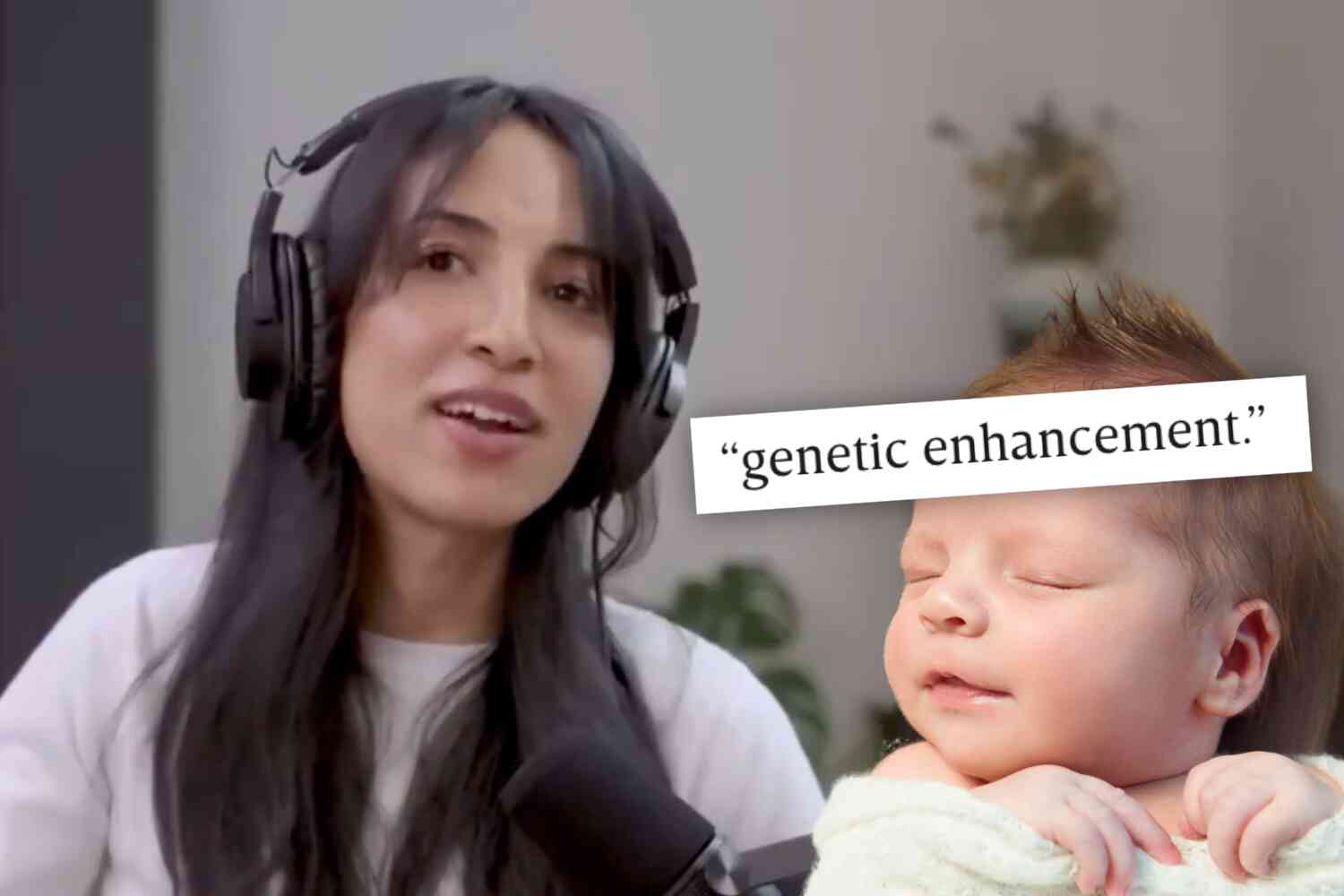Over the weekend, Noor Siddiqui, the founder of Orchid, defended her company's controversial genetic-screening technology marketed to would-be parents following a New York Times interview that went viral.
Facing criticism for what seems like soft-eugenics, Siddiqui slammed critics by arguing that parents, not outsiders, should decide which embryos are transferred to the womb and which ones are disposed of. "It's their family, their future, their call," she said.
To a culture that prefers to feel its way through moral quandaries rather than think, her argument sounds empowering. But scratch below the sloganeering and you'll notice how it all reduces children to consumer choices. In fact, the logic she's espousing is no different than customizing a car online - choose this, discard that. Except the choices her company offers aren't about leather seats and sunroofs, they're about who gets to live.
As a Christian, I can actually appreciate the impulse behind Siddiqui's claim. Parents want to shield their children from suffering. Jesus Himself had extraordinary compassion for the weak and the vulnerable. But Christian conviction requires us to press deeper than cultural slogans about choice.
In responding to one of her critics, Siddiqui actually stated "life is a gift." She's right. The problem is that her company isn't treating it that way. Instead, they treat life as a project.
An embryo is not raw material waiting to be quality-checked. He or she is a living soul, intentionally knit together by God, bearing His image.
Once we start judging life with some genetic scorecard, we've already stripped it of something sacred.
Siddiqui also feigns shock and contempt at anyone who would object to Orchid easing the suffering of parents by preventing disabled children. This clever defense deceives so well because obviously no parent wants their child to struggle. But the truth is that suffering is not meaningless in God's economy. It can be the very place where grace shows up, where character is formed, where redemption takes root. It may be true that technology can cut risks, but only faith can anchor hope.
Meanwhile, it bears repeating: choice is not absolute. It never has been. Yes, parents are entrusted with raising their children, but we can't lose sight of the reality that entrusted is not the same as entitled. To decide who gets to live and who doesn't is to grab an authority that belongs to God, the author and creator of life, alone. When Siddiqui says, "parents do the choosing," she's echoing the same logic that has undergirded abortion for decades: the strong decide the fate of the weak. That's not empowerment. That's injustice.
Siddiqui's smooth talking may comport well with the spirit of the age, but Christian thought remains far superior:
Parents are called to protect life, not curate it.
No child is disposable because of genetic imperfection.
All human life is "fearfully and wonderfully made" by God Himself, not just the tall, dark, and handsome.
And a culture obsessed with engineering only the "best" lives is inching toward eugenics with a friendly smile.
Christians can celebrate medical breakthroughs that heal, that alleviate suffering, that treat disease. But we must never bow to an ethos that markets children like consumer products or quietly pressures families to discard embryos of living human beings stamped with the label "imperfect."
The question isn't whether parents should have access to more data. The real question is whether we still believe every human life - fragile, unpredictable, "flawed" - is worth living.
Because the hope of the Gospel is not in eliminating what's broken, but in the God who redeems it.
P.S. Now check out our latest video 👇
Disclaimer: The opinions expressed in this article are those of the author and do not necessarily reflect the opinions of Not the Bee or any of its affiliates.









